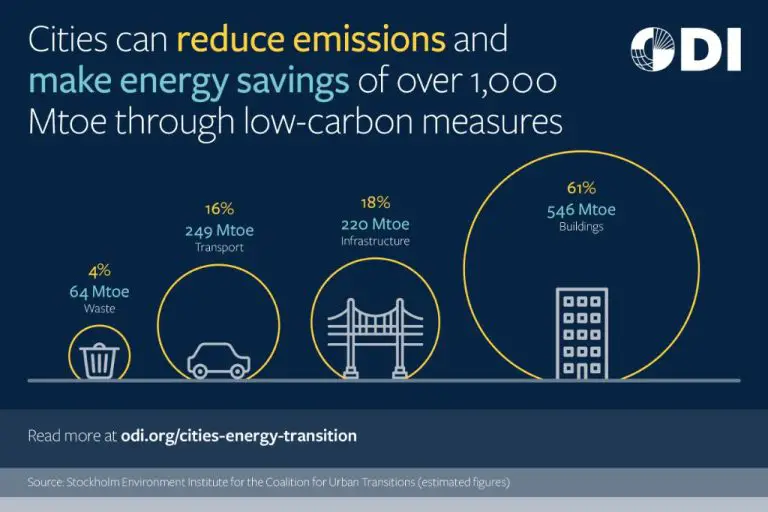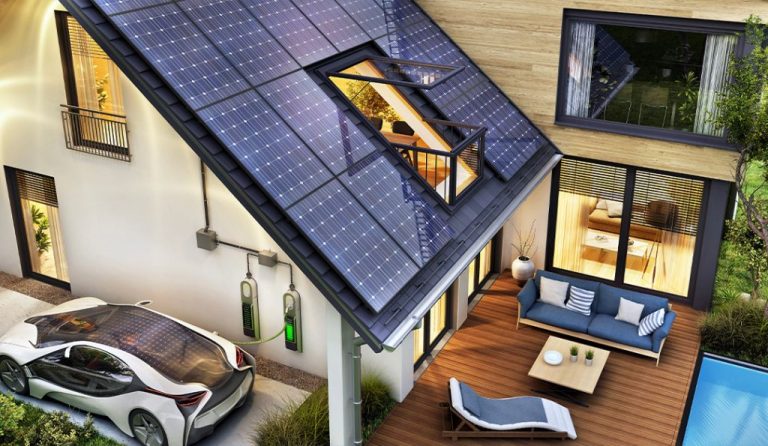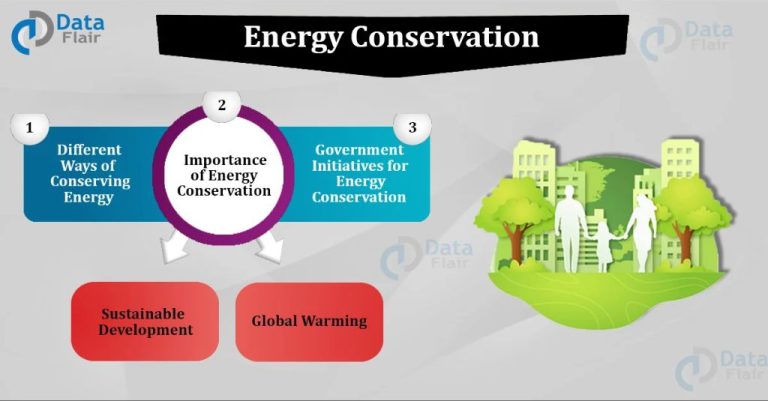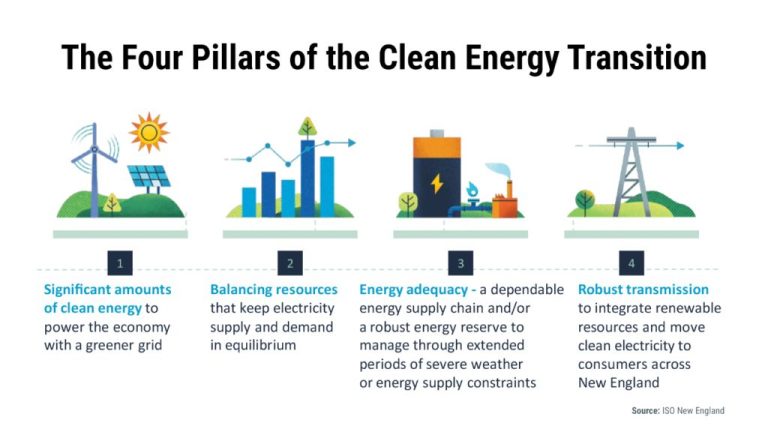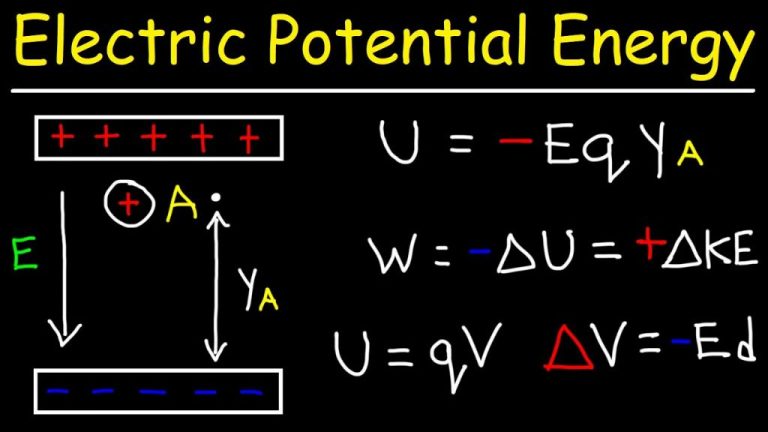Can I Have A Non Smart Meter?
What are smart meters?
A smart meter is an electronic device that records real-time information about energy usage in homes and businesses and securely communicates that data to the utility company (Wikipedia, 2022). Unlike traditional analog meters that only measure total energy consumption, smart meters provide granular, time-specific data about electricity usage and quality.
Smart meters work by continuously monitoring energy consumption throughout the day and sending that data wirelessly to the utility company in short intervals, usually every 15 minutes. This allows the utility to analyze usage patterns and optimize power distribution. Smart meters also provide two-way communication, allowing the utility to remotely control the meter for services like outage monitoring or remote shutoff. They can also receive software upgrades remotely (Tara Energy, 2022).
The types of data collected by smart meters include:
- Kilowatt-hour (kWh) usage
- Voltage levels
- Current or amperage
- Power factor
- Outage and restoration notifications
Benefits of smart meters
Smart meters provide several key benefits compared to traditional analog meters[1]. Three major advantages are accuracy, remote reading, and outage reporting.
Smart meters utilize digital technology to provide more accurate and precise readings of electricity usage[2]. Unlike analog meters which rely on mechanical parts, smart meters have no moving components that can degrade over time. Their solid-state digital design improves measurement accuracy and reduces the need for on-site meter reading.
Another major benefit is the ability to remotely read smart meters. Utilities can wirelessly collect readings from smart meters on a daily or even hourly basis[3]. This automates the meter reading process, saving utilities significant time and money since they no longer need to manually read each customer’s meter. More frequent data also helps utilities better understand energy usage patterns.
Finally, smart meters allow faster outage reporting and restoration. The real-time communication capabilities let utilities quickly identify outage locations and the number of affected customers. This improved response time results in shorter power disruptions.
In summary, smart meters provide utilities and customers key advantages in accuracy, remote reading, and outage management over traditional analog meters.
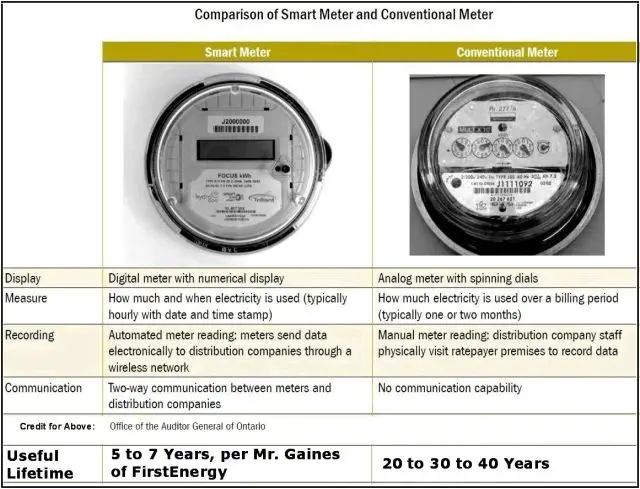
[1] https://www.cpuc.ca.gov/industries-and-topics/electrical-energy/infrastructure/the-benefits-of-smart-meters
[2] https://webbylab.com/blog/6-benefits-of-smart-meters-for-utilities/
[3] https://www.yesenergysolutions.co.uk/advice/benefits-of-smart-meters
Concerns about smart meters
While smart meters provide benefits like remote readings and detailed energy usage data, some customers have raised concerns about smart meters related to privacy, security, and health.
Privacy concerns revolve around the granular energy usage data collected by smart meters. Since the data can show when occupants are home, awake or asleep, critics argue it reveals too much about consumers’ personal lives and routines [1]. Utilities counter that they take privacy seriously and only use aggregate data for grid management.
On security, smart meters communicate wirelessly, which could allow hackers to intercept data or control the meter itself [2]. However, utilities implement encryption and other protections to secure the meters and networks. Still, cyber threats remain an ongoing concern.
Finally, some have raised health concerns about radiation from smart meter wireless communications, citing symptoms like headaches or insomnia. However, government testing has found smart meter emissions well below safety limits, similar to other common devices [2].
Utility Company Policies
Utility companies across the United States have widely adopted smart meter technology, with over 90 million smart meters installed as of 2021 (Smart Meter Opt-Out Policies, NCSL). However, many utilities do offer opt-out programs for customers who do not want a smart meter installed.
Opt-out programs vary significantly between utility companies. Most utilities charge an initial fee to opt-out, which can range from $25 to over $100. There is also often a monthly charge to manually read the meter, since smart meters transmit readings wirelessly. Some utilities require customers to pay upfront for the full cost of replacing a smart meter with a non-smart alternative.
Opt-out meters are usually existing analog meters, though some utilities provide non-transmitting digital meters. Customers are generally responsible for maintaining their non-smart meter. Utilities with notable opt-out programs include Pacific Gas & Electric in California, Arizona Public Service, and CenterPoint Energy in Texas (Opt-Out Status in Other States, Smart Meter Education Network).
Getting a non-smart meter
In most cases, you can request to opt out of getting a smart meter from your utility company. Here are some of the main ways to request an alternate meter:
- Call your utility company’s customer service line and ask about getting a non-smart electric or gas meter. Let them know you do not consent to a smart meter installation.
- Submit an official opt-out request form if your utility provides one. This records your refusal in writing.
- Attach a sign or note to your existing meter stating you refuse a smart meter replacement.
Utility policies differ on any fees involved with getting a non-smart meter. Some utilities charge an initial fee around $50-100 as well as an ongoing monthly fee around $10-20. They justify this to cover the costs of manual meter readings and equipment. Other utilities do not charge anything. Check with your specific utility on any fees they require for a non-smart meter.
Types of non-smart meters
There are several types of non-smart electric meters that utilities may still use or allow customers to keep using:
Mechanical meter
The mechanical meter is the oldest and most basic type of electric meter. It consists of a metal disc that spins at a rate proportional to the amount of electricity being used. An employee from the utility company has to physically read the meter every month to get the usage. Mechanical meters are not capable of remote readings or any “smart” functions.
Analog meter
Analog electric meters have been around since the 1970s. Instead of a spinning disc, analog meters use microprocessors to calculate usage and display the data on an analog dial. Analog meters do allow some automated meter reading since the data can be transmitted to the utility company electronically. However, they lack the two-way communication capability of smart meters.
Automated Meter Reading (AMR)
AMR meters involve basic one-way communication from the meter to the utility company. They can transmit readings remotely via radio frequency signals, power line carrier, or wireless network. However, AMR meters cannot receive data or make any changes remotely. They simply automate the reading process without adding “smart” functionality. Some utilities allow customers to opt for AMR meters instead of smart meters.
Installing your own meter
In most areas, it is illegal for customers to install their own utility meters. Electric meters are usually owned by the utility company and they are responsible for installing and maintaining them.
According to WhatIsSmartEnergy.org, “Other than some limited exceptions the utility owns and maintains the metering equipment. This includes electric and gas meters.”
If a customer tampers with or replaces the meter without the utility company’s knowledge or consent, they can face fines, legal action, and disconnection of service. The utility company needs to install meters that meet certain specifications and are integrated with their systems.
Some key laws around meter ownership and installation:
- Tampering with or bypassing a meter is illegal. This includes removing a smart meter or replacing it with your own analog meter.
- Only qualified personnel from the utility company can install or alter metering equipment.
- Unauthorized meter installation often carries penalties such as fines or disconnection.
While DIY meter installation is not recommended, some utility companies may allow customers to purchase a meter that meets specifications and have it installed by a licensed electrician. However, this requires coordination with the utility company.
Maintaining a Non-Smart Meter
Once you have a non-smart meter installed, maintaining it requires some additional effort compared to modern smart meters. Here are some key aspects of maintaining and operating a non-smart meter:
Reading and Reporting Data
With a non-smart meter, you’ll need to manually read the meter yourself on a regular basis, such as monthly. This involves physically going to the meter, recording the current reading, and then reporting this usage data back to your utility company.
Depending on your utility’s process, you may need to call in your meter readings or submit them online. Failure to provide regular meter readings could result in estimated bills that may not accurately reflect your actual usage.
Responsibility for Repairs
For a non-smart meter you own, you will be responsible for any required repairs or replacements. This could get expensive if the meter breaks down. With a smart meter owned by the utility, they handle any maintenance and repairs.
Overall, maintaining a non-smart meter requires more time and effort but does allow you to avoid any potential downsides of smart meters. Weigh these maintenance requirements as you evaluate getting a non-smart electric, gas, or water meter.
Non-smart meter options
There are a few options available for getting a non-smart meter installed instead of the standard smart meter provided by most utility companies:
Some utility companies, like Florida Power & Light (FPL), allow customers to opt-out of a smart meter and request a non-communicating mechanical meter instead. According to FPL’s website, “If you choose the non-standard meter (the mechanical meter) there is a special monthly meter reading charge” (source). This is one way to get a non-smart electric meter, although there is an extra monthly charge.
Another option is to purchase your own non-smart meter and install it yourself or hire an electrician to install it. Companies like Meter Corp sell non-smart electric meters that don’t transmit usage data wirelessly. However, installing your own meter may not be allowed by your utility company or may require special approval.
In summary, you may be able to opt-out of a smart meter and request an old-style mechanical meter from your utility, or purchase your own non-communicating meter, depending on your utility’s policies.
The future of non-smart meters
The future of non-smart meters is uncertain as utility companies continue to push for wider adoption of smart meter technology. However, some trends indicate that non-smart meters may remain an option for homeowners in the years to come.
One major factor is the pace of smart meter rollouts. Many areas still have not completed the transition to smart meters, leaving opportunities for customers to request non-smart alternatives. According to one report, “Yet in a truly smart energy future, the utility meter will be nowhere near the smartest thing in the box” (https://onestepoffthegrid.com.au/for-a-smart-energy-future-we-must-look-beyond-not-so-smart-utility-meters/). This indicates there may be a place for both smart and non-smart meters for years to come.
In addition, some utility companies allow customers to keep non-smart meters, though they often charge fees. As long as companies provide this option, non-smart meters are likely to remain. However, policies could change to speed smart meter adoption. One report notes, “While some manufacturers build complete smart meters with an integrated modem…” (https://m2mserver.com/en/upgrade-the-modems-not-the-smart-meters/). Upgrades to communication networks supporting smart meters could eliminate technical barriers and reduce the need for non-smart options.
Overall, while non-smart meters fill a niche currently, increasing smart meter capabilities and coverage may gradually limit availability and increase costs. Homeowners interested in non-smart meters should monitor trends and utility policies in the coming years.

